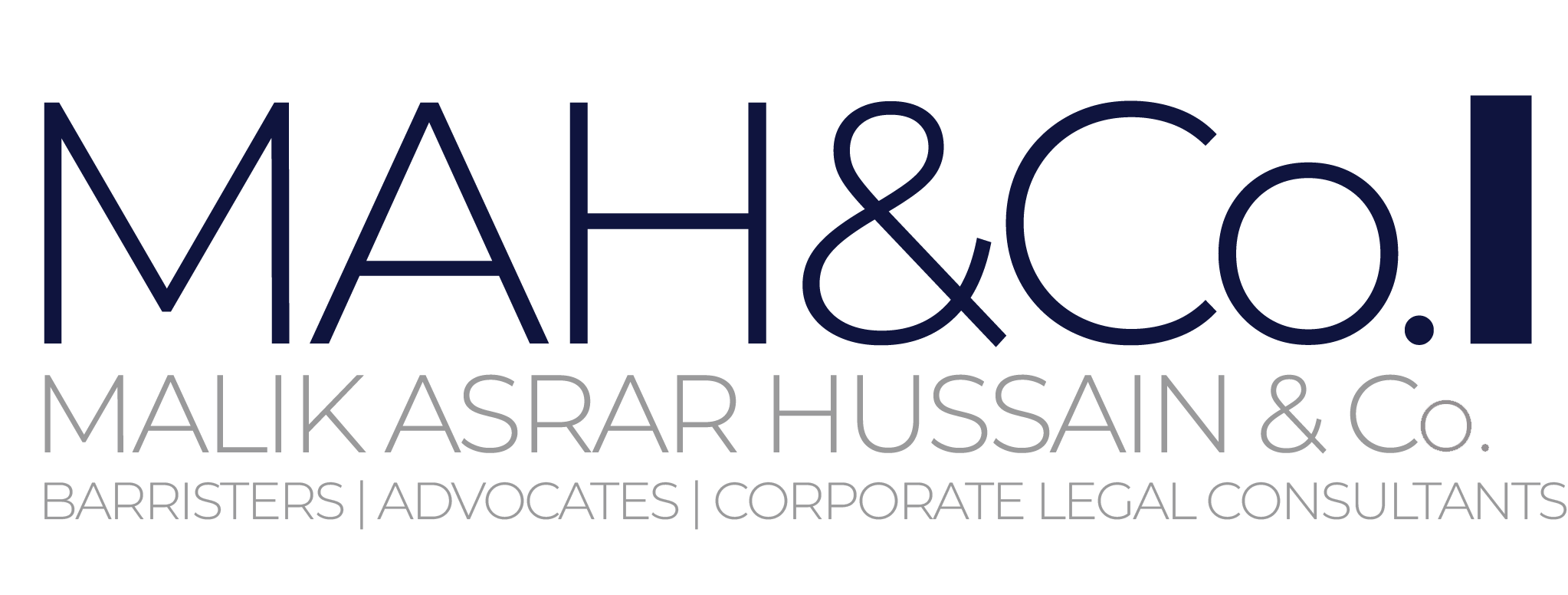In Pakistan, freedom of movement is a constitutional right. However, in certain cases, this freedom can be lawfully restricted. The Exit from Pakistan (Control) Ordinance, 1981 is a central piece of legislation that allows the federal government to prevent specific individuals from leaving the country. While intended to serve national interests, it has also raised serious questions about transparency, misuse of power, and individual rights.
If you’re based in Karachi, Lahore, or Islamabad and concerned about travel bans or being placed on the Exit Control List (ECL), this guide is for you. Backed by decades of experience as a criminal and constitutional lawyer, I will walk you through the legal framework, grounds for restrictions, and how to challenge such orders.
The Exit from Pakistan (Control) Ordinance, 1981 empowers the federal government to prohibit certain individuals from leaving Pakistan if it is deemed necessary for public interest, justice, or national security.
Maintain law and order.
Prevent absconding of individuals involved in serious crimes.
Ensure cooperation in investigations.
Safeguard economic interests of the state.
The ordinance allows a wide scope of discretion, meaning any person can be restricted from traveling abroad if the authorities believe their departure is not in the public interest.
Persons under criminal investigation.
Those involved in NAB or FIA cases.
Loan defaulters of government banks.
Tax evaders or persons under FBR inquiries.
People accused of anti state activities.
The Exit Control List is a database maintained by the Ministry of Interior containing names of people restricted from international travel.
You cannot leave the country through any legal exit point.
Your name has been flagged due to security, legal, or financial issues.
Travel documents may be confiscated or blocked at airports.
Pro Tip: If your name is unexpectedly on the ECL, consult a criminal and constitutional lawyer in Karachi, Lahore, or Islamabad immediately to initiate legal action.
According to government policy and court precedents, some key grounds include.
Ongoing investigation in heinous crimes.
Default on public sector loans exceeding millions.
Person is a flight risk or likely to flee before trial.
Involvement in terrorism or money laundering.
Political revenge.
Harassment or pressure tactics.
Arbitrary decisions without proper hearing.
Pakistan’s higher courts have repeatedly emphasized.
Due process must be followed.
Individuals must be given reasons for being placed on the list.
Unjust listings must be quashed immediately.
For instance, in the “Shahbaz Sharif v. Federation” case, the court ruled that absence of justification or hearing is a violation of the Constitution.
Whether you’re facing a travel ban, require emergency relief, or want to ensure your rights are upheld, engaging a professional legal expert is essential.
Decades of experience in criminal and human rights law.
Successful High Court representations.
Offices in Karachi, Lahore, and Islamabad for local support.
Transparent legal advice with fast and strategic results.
The Exit from Pakistan (Control) Ordinance, 1981 affects countless Pakistanis every year often without their knowledge or involvement in serious wrongdoing. Understanding your legal rights and seeking early intervention can help protect your freedom to travel and reputation.
If you’re currently facing restrictions or fear being listed on the ECL, contact an experienced criminal and constitutional lawyer near you. Our team at MAH&CO. is ready to help with personalized strategies, whether you’re in Karachi, Lahore, or Islamabad.
